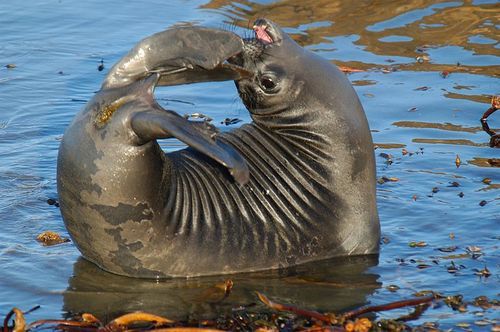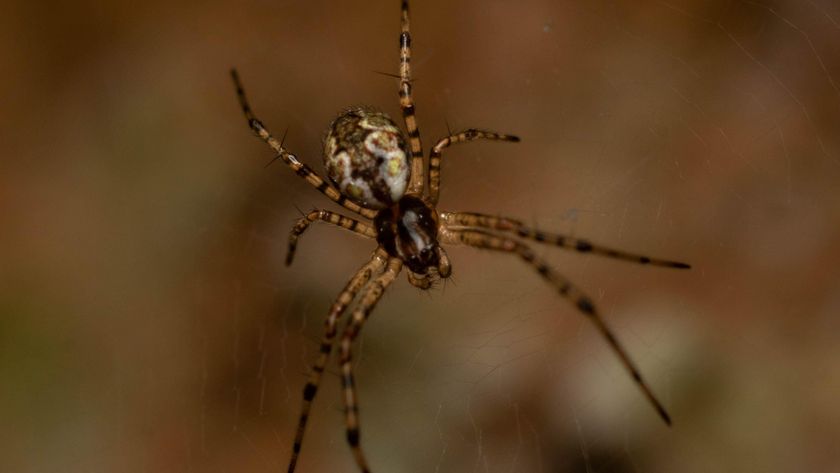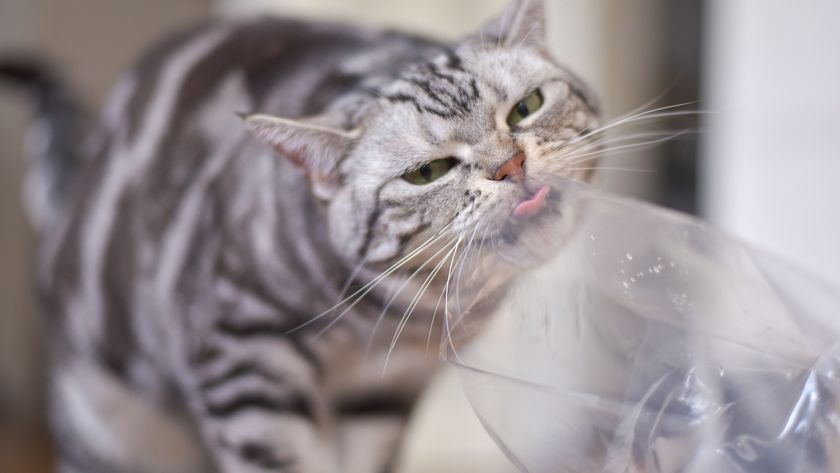
Killer photos of orcas, stellar images of Stellar sea lions, and full-color images of gray whales can be seen by even the most landlocked of animal lover by downloading the “SeaPhoto” app onto their smart phones.
The National Oceanic and Atmospheric Administration's Monterey Bay National Marine Sanctuary released the app, which features more than 1,300 images of animals that call the sanctuary home. From the abalone jingle (a bivalve, Pododesmus cepio) to yellowtail rock fish (Sebastes flavidus), 550 species populate the app along with an ecological profile of the animal.
For those who haven't joined the smart phone set, the photos are available here.
The right combination of apps can turn a smart phone into a tool of science by putting biological field stations in the palms of millions of curious students, teachers, researchers and maybe even a few orangutans.
ANALYSIS: Apes Get Apps and iPads
Some apps allow anyone to act as the eyes and ears for biologists and wildlife conservationists. For example, amateur game wardens can use the “IveGot1” app to report invasive species in Florida.
COOKBOOK SLIDESHOW: Invasive Species Recipes
Sign up for the Live Science daily newsletter now
Get the world’s most fascinating discoveries delivered straight to your inbox.
Another, “Instant Wild” uses crowd sourcing to identify animals seen in wildlife camera traps. The app sends the photo to users who then help identify the species and report endangered species. Users can even choose the region they want to monitor so they can watch for favorite species, such as elephants in the Tsavo of Kenya. Having an army of volunteer research assistants to sift through camera trap photos could speed up a task that consumes weeks of a researcher's time.
Apps also exist that help users identify species. Some function like electronic field guides by providing images to compare to what a user finds in the natural world. Others use visual recognition to determine a species using a photo snapped by the phone. “LeafSnap,” a free app from Columbia University, will try to identify a tree based on a photo of the leaf by analyzing the shape and margins. It then keeps a record of trees it's identified.
This story was provided by Discovery News.













